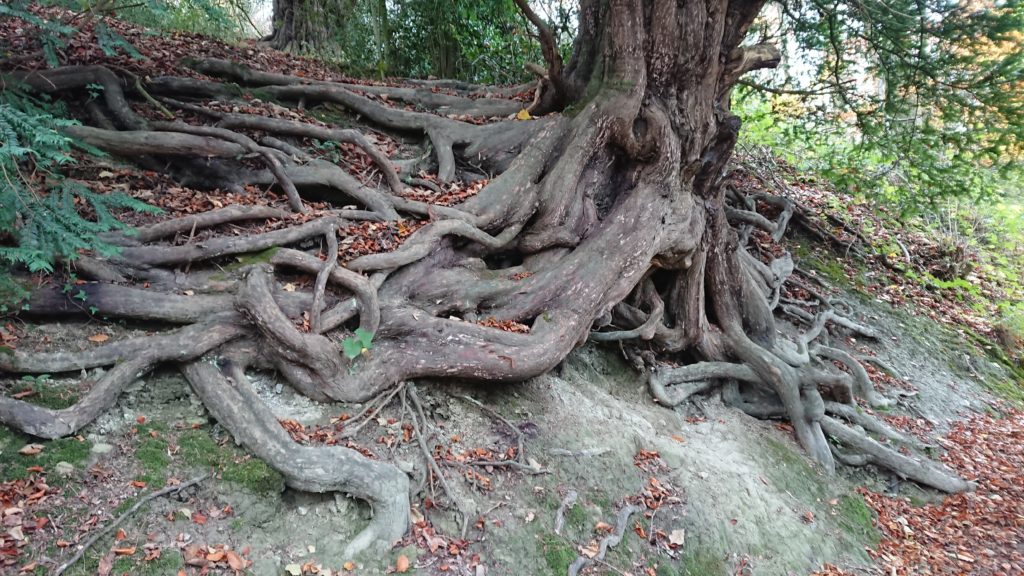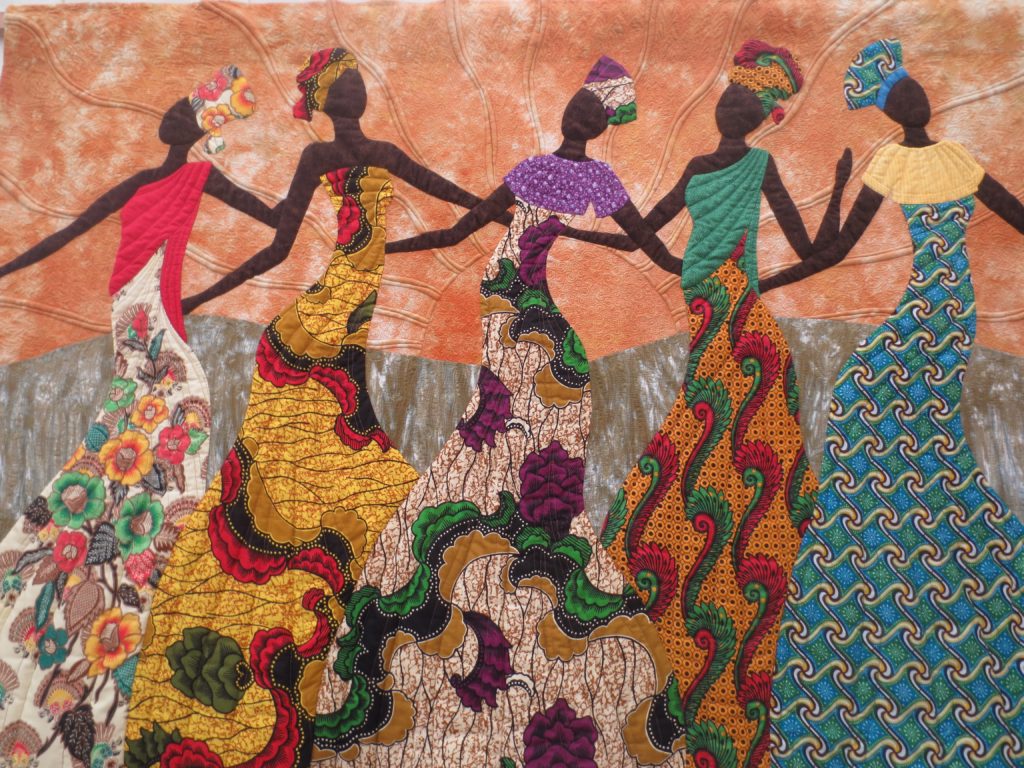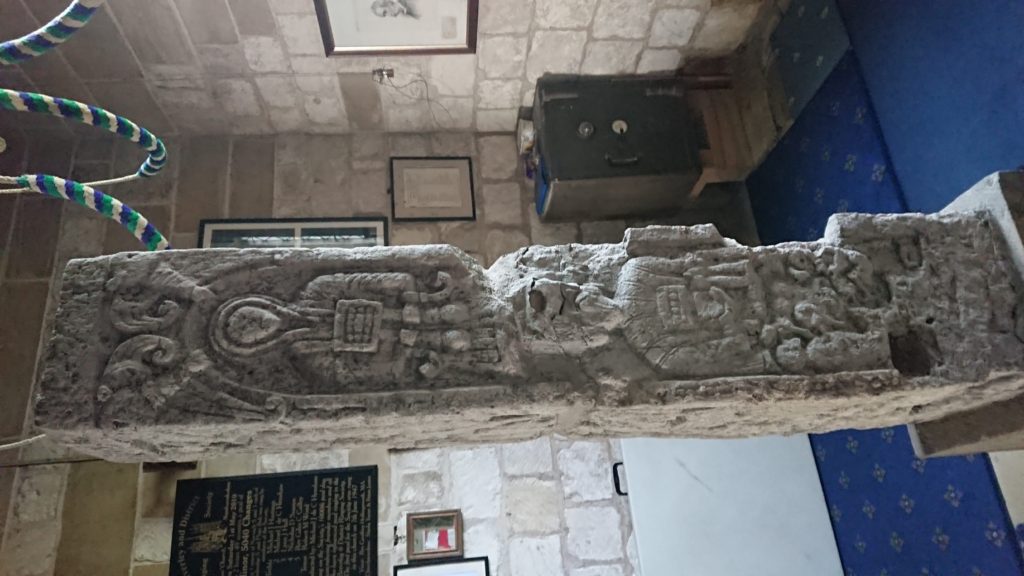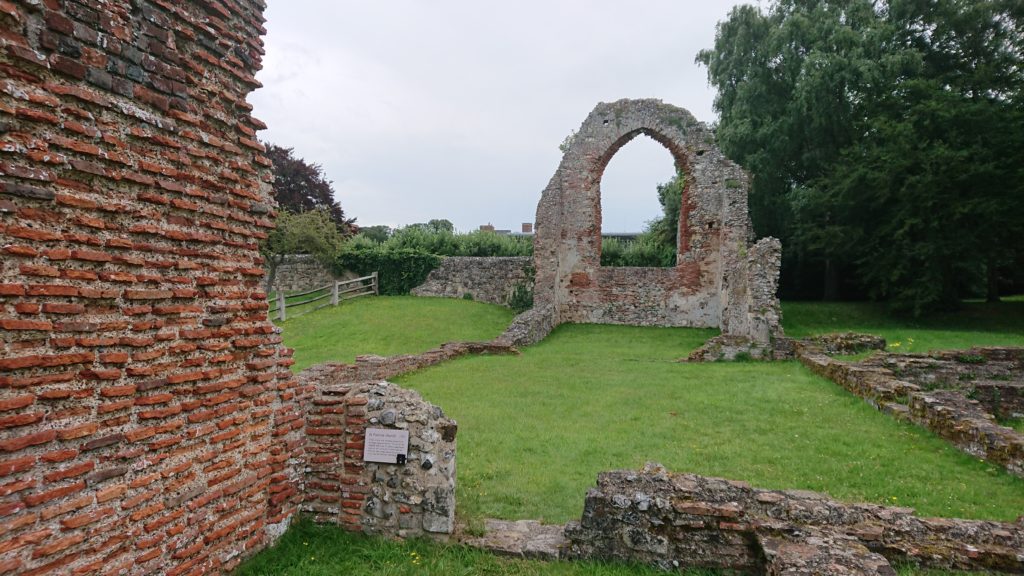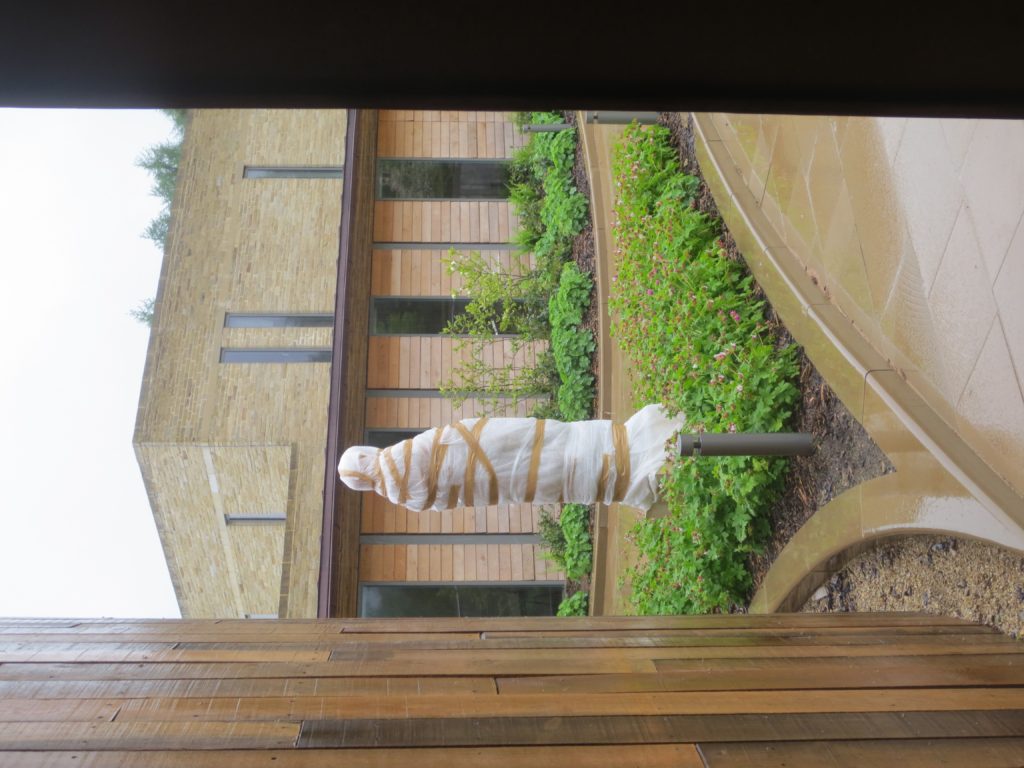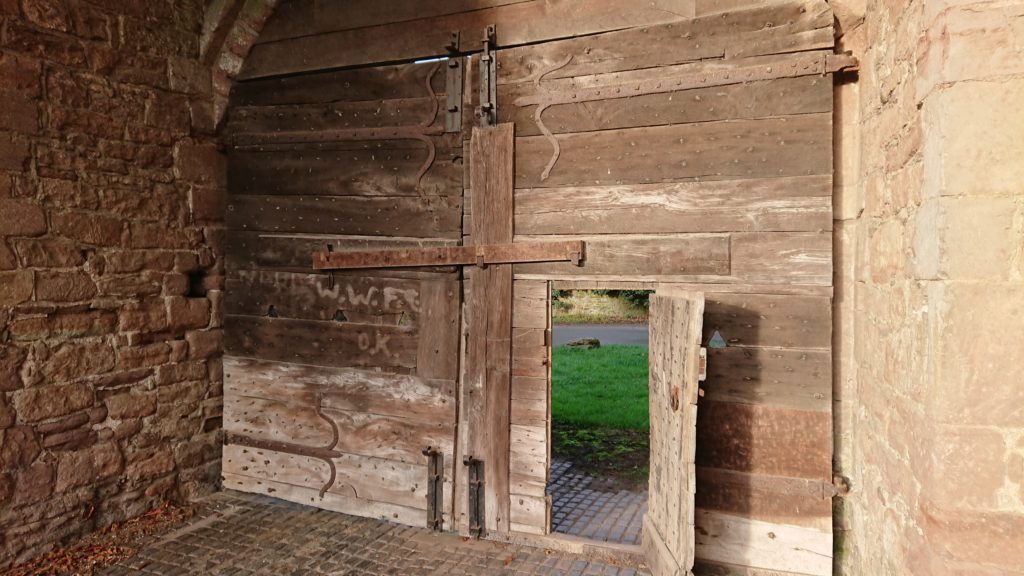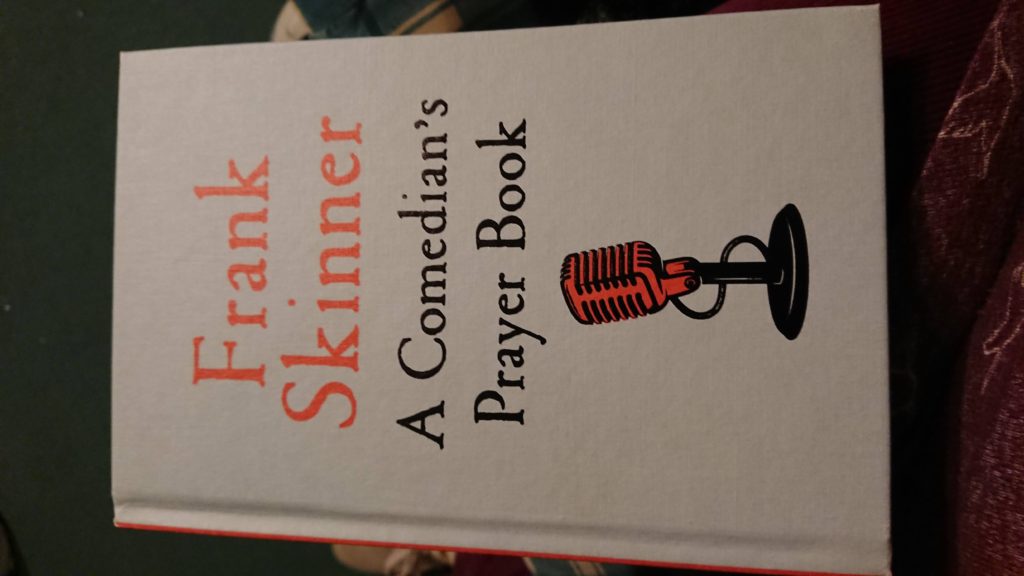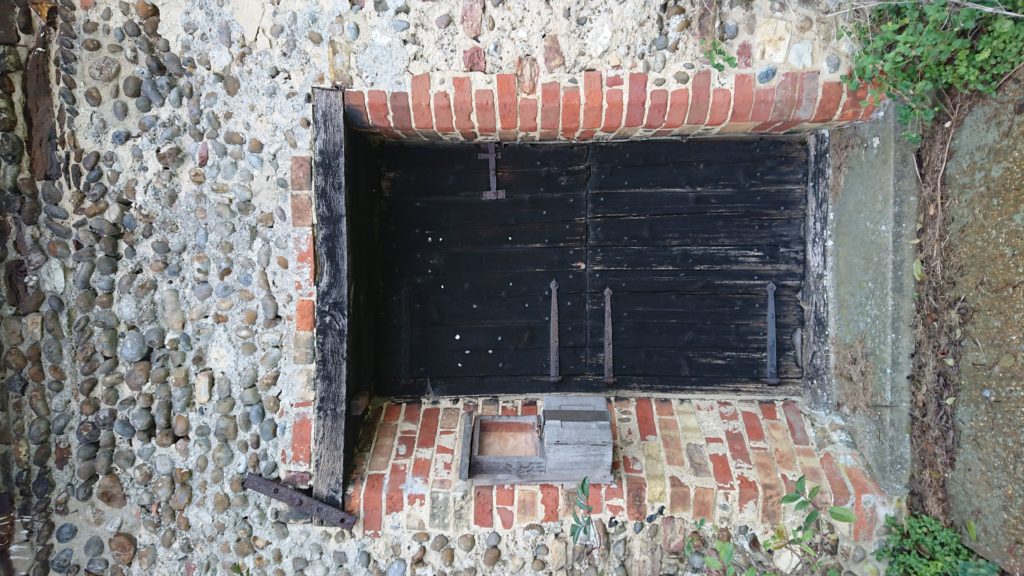Dear Benedict,
The world keeps on changing. In 1984 when I first visited South Africa, I could not have known that it would be the last decade for Apartheid, or that I’d be back in 1994 to see the first democratic elections take place. I mention it because Archbishop Desmond Tutu has died, aged 90.
I might have mentioned before that I’m not very good with the great men and that I find the leadership sections of your Rule problematic at times. It’s always good to celebrate an exception. The Arch, as he was called, was one of those rare exceptions for me, and he seems relevant to the rest of chapter 64 of your Rule.

When I arrived in south Africa in 1984 all I knew about Apartheid was that we didn’t eat their apples. By the time I left a month later I’d learnt a whole lot more. I’d read about Black Liberation Theology, I’d seen the signs of racial segregation all around me and I’d heard about Desmond Tutu. I was to continue my education both in South Africa and the UK for the next ten years at least. I read the Kairos Document, I listened to people of all races and eventually I went back and learnt about contextual bible study (CBS) at the University of Kwa Zulu Natal in 1994.
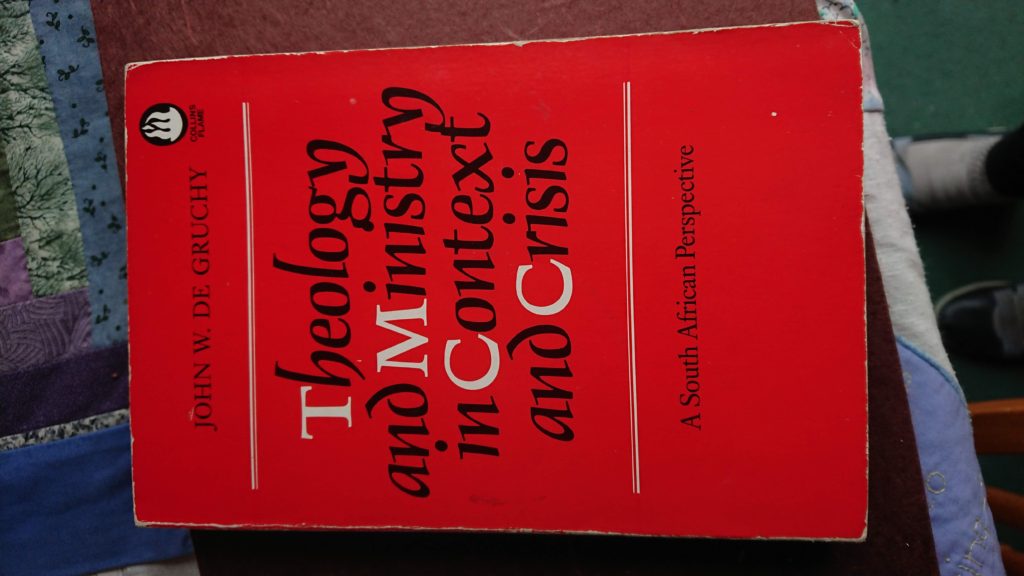
These things became foundations for my ministry. Later I followed the work of the Truth and Reconciliation Commission. In all of this the face of Tutu was often seen weeping or laughing and much in between. The world recognised him for the ‘goodness in life and wisdom in teaching’ that chapter 64 of your Rule recommends in a leader.
Not every leader can be a Tutu, but to aim for ‘love not fear’ seems to be the bottom line.
From my Remembered Tutu: ‘Every human person is a stand in for God’ (Desmond Tutu).
Go well, Arch.
From a Friend of Scholastica and a Member of the Lay Community of St Benedict.

